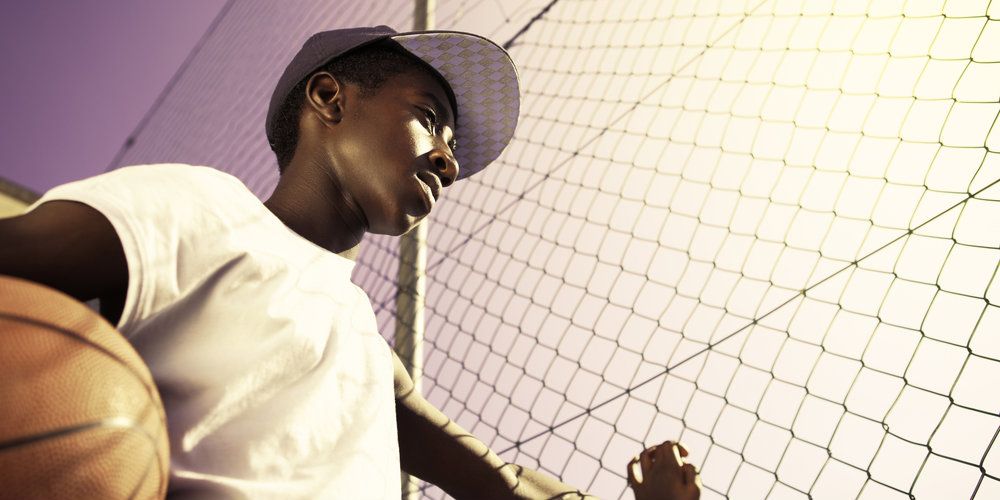How the Black Middle Class Failed Black Youth

by Reniqua Allen for Quartz
Last week, as I sat and watched the events unfold in Ferguson, Missouri over the death of Michael Brown, I went through a range of emotions: rage, grief, depression. Even without the full details of the case, it was upsetting—horrifying really—to see another unarmed black body slain in the broad daylight for the entire world to see. For days and days, I tried to express the emotions that I was feeling, but my fingers went limp.
Perhaps, I thought, I was angry that I had to write another piece about an unarmed black man being killed in the streets. Perhaps, I was upset that once again a black man was being framed as a thug rather than a victim, or perhaps I was sick of being reminded that the brown bodies of my friends, cousins, and brothers are perpetually marked as prey by the very people who are supposed to protect them. Looking back, however, I can see it wasn’t any of that—it was guilt.
Class divide
Almost 25 years ago, I attended the funeral of Phillip Pannell, a 16-year-old blackteenager who was killed by a white police officer on the same street that I live on today in Teaneck, New Jersey. Back then, I understood what it meant to be a black youth in the era of hip-hop—I loved Tupac, Biggie, and baggy pants as much as the guys did. Us girls were glared at by police, too. But if I’m completely honest with myself, while the burden of being black in America has not changed, the experiences of many young black men and women today have become increasingly distant to me.
Don’t get me wrong—I’m plenty frustrated with our criminal justice system, which continuously seems to leave blacks and Latinos behind. I’m mad at the police department in Ferguson, that reportedly arrests African Americans at four times the rate of their white counterparts. And yes, it angers me that a new poll from the Pew Research Center found that in our alleged “post-racial society,” whites and blacks are still divided as ever on whether race was an issue in the Ferguson shooting. But more than anyone, I’m mad at myself.
As a journalist, sometimes my work requires me to engage with youth, but it still doesn’t preclude me from shaking my head at some of Wiz Khalifa’s lyrics, or rolling my eyes when someone’s pants hang a bit too low. My disconnect hasn’t been intentional, it’s something that’s slowly happened after I graduated from college, moved to a more affluent neighborhood, and found myself immersed in the professional world. One day I looked up and realized that my circle of friends looked like me—30- and 40-something professionals with middle and upper class backgrounds with college degrees—and I realized how distant I was from the culture of young black America. Sure, some of my crew could spit Biggie and switch up to speak in black slang, but unlike so many frustrated black youth in Ferguson and around the country, we privileged few at least had a chance at taking our small stake in the “American Dream.” As a 33-year-old without kids (or siblings), I wonder sometimes, if that distance has contributed to the frustrations that so many of these youth are articulating.
There are some middle class folks that are out there doing good work and I’m proud of them. But there’s an opportunity now for me and other middle class blacks to engage more with these youth that are feeling so close to the edge. I’m not talking some “Talented Tenth” stuff, where black elites lead the other classes, proclaim to be role models and leaders for marginalized folks, but rather a shared system of support, a connected community where both parties listen, learn from each other, and explore the possibilities of how a better, more equitable America might look. If I, as well as my peers, don’t seek to rectify this, don’t seek to understand the experience of black youth, with all their faults, contradictions and complexities, then how can we blame white folks for not always understanding their plight? How could we expect Darren Wilson to see Michael Brown as a complete human being, if we don’t also afford the Michael Browns of the world that same opportunity?
Photo Credit: Shutterstock

No comments: